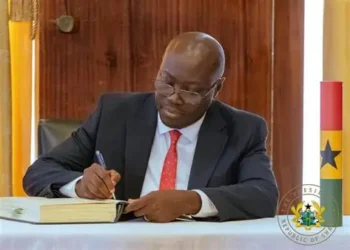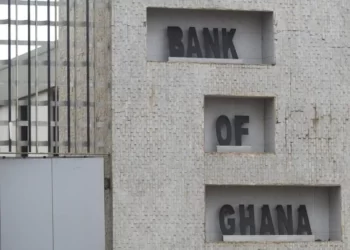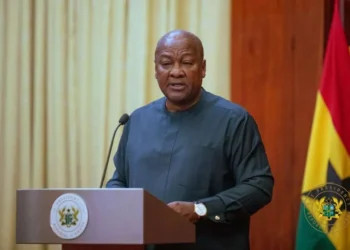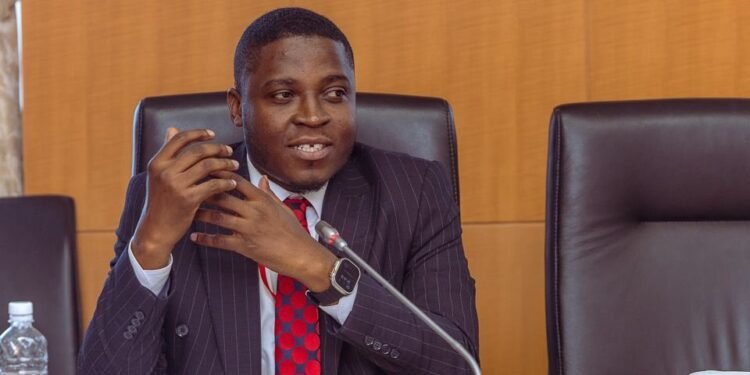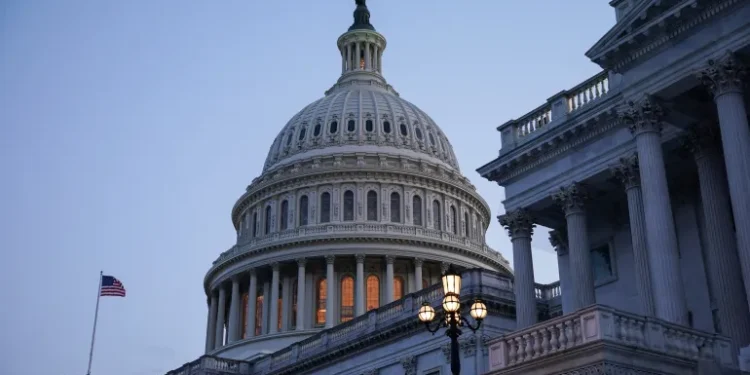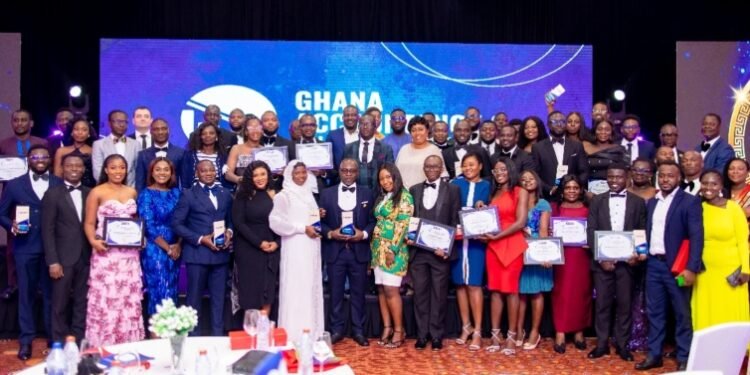As Ghana approaches the presentation of the 2026 National Budget, Finance Minister Dr. Cassiel Ato Forson has issued a message of optimism and renewed commitment, affirming that the country is now positioned to shift from stabilisation to broad-based transformation.
In a statement shared exactly one week before the budget reading—scheduled for Thursday, November 13—Dr. Ato Forson declared that after months of determined effort under the Mahama-led administration, Ghana is ready to enter a new phase of development.
“The countdown has begun! Through your resilience and sacrifice, we have stabilised the economy. Now, it’s time to grow, to transform, and to build the Ghana We Want!”
Dr Cassiel Ato Forson, Ghana’s Minister for Finance
The message calls on citizens to share their expectations for Budget 2026, signalling a collaborative national posture as the administration prepares to outline policies for the coming fiscal year.
Dr. Ato Forson’s remarks come at a time when the Mahama-NDC administration is receiving widespread praise for what many describe as a dramatic turnaround of the country’s economy in just under ten months.
Having assumed office under a cloud of uncertainty and a challenging macroeconomic outlook, the government has, by most indicators, succeeded in reversing the nation’s trajectory and restoring confidence in Ghana’s financial and economic systems.
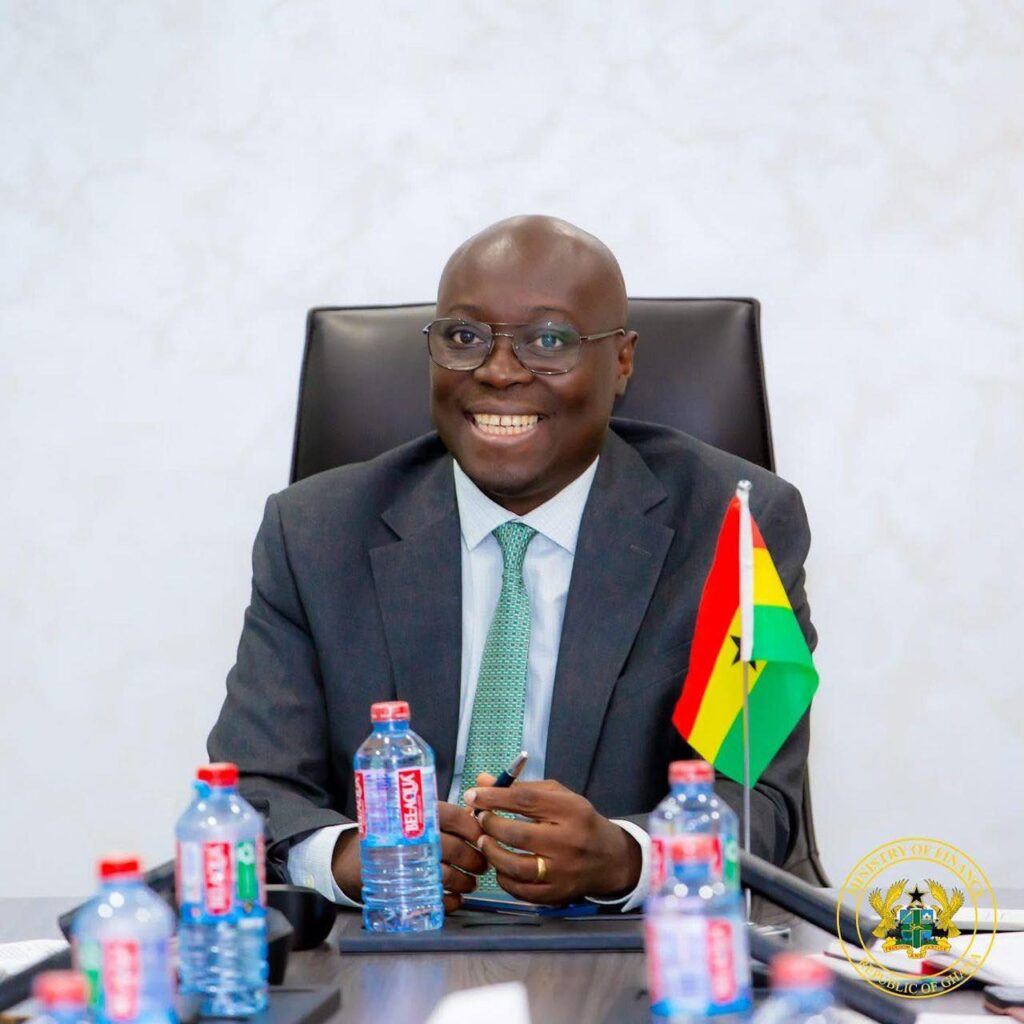
Positive Rebound
Inflation, once the most visible symbol of Ghana’s fiscal distress, has fallen sharply to 8 percent, returning to single digits for the first time since 2021.
Analysts note that the decline has been both rapid and sustained, with expectations of further easing before the end of the year. Interest rates, previously at historic highs, have also dropped significantly, creating a more conducive environment for business expansion and consumer activity.
Economic growth has similarly surged. Non-oil sectors, which account for the greatest share of job creation, are showing strong and steady expansion, a development credited to renewed investor confidence and targeted government interventions.
The cedi, long vulnerable to external shocks, has demonstrated remarkable stability, now trading at GHS 10.9 to the US dollar. This performance has been attributed to disciplined fiscal consolidation and improved balance-of-payment conditions.
The administration’s economic management has also resulted in a budget surplus—an outcome few predicted at the beginning of the year—alongside a meaningful reduction in the country’s public debt burden. To many Ghanaians, these indicators reflect not only successful policy execution but also a rebuilding of institutional credibility.
A major boost to investor sentiment and international confidence came with Ghana’s attainment of a 5th IMF Staff-Level Agreement under the ongoing three-year, US$3 billion Extended Credit Facility (ECF) program.

The IMF Board is expected to meet in December 2025 to consider the agreement’s approval, which would unlock an additional disbursement of US$385 million. The anticipated approval is widely seen as further validation of the government’s reforms and fiscal discipline.
Public Interest Surge
Against this backdrop of stabilisation and recovery, public interest in the upcoming budget has surged, with many citizens turning to social media to express their hopes, concerns, and expectations following the minister’s announcement.
Much of the public reaction reflects a single recurring theme: jobs, particularly in the education and health sectors. “EEEEIII ATO! THE FIRST FINANCE MINISTER TO BE PRESIDENT. END OF ANNOUNCEMENTS,” wrote Alex Dordah, capturing both admiration and heightened expectations.
Rebecca Boahemaa expressed frustration shared by many unemployed graduates: “Both trained teachers and university teachers recruitment we are really suffering in the house.” Atobiga Azumah Richlord added his plea: “Please be reminded to capture both nurses who completed school from 2020 downwards and university graduate teachers.”
The sentiment was echoed by Kwame Essel, who appealed directly to the minister: “We beg, make provision for unemployed university graduate teachers who are still at home. Na, we are suffering. Our humble plea.”
Others used the moment to applaud Ato Forson’s leadership. “Our able minister,” wrote Godwin Mahama succinctly, while Kweku Tabiri Effah declared, “Ato is forcing.” A comment from 大衛李 summed up the broader public expectation: “Jobs, jobs, and jobs I want to see. #AtoIsForcing.”

Some reactions were more reflective of the minister’s growing national profile. Thomas Cobby Gbedzi remarked, “Had it not been you, I never knew building a strong economy has nothing to do with vice presidents. Akpe na wo efo Ato.” Coordinator Abu Jamal added: “The most competent Finance Minister in the Fourth Republic.”
As Budget 2026 draws closer, the minister’s message has set the tone for what many believe will be a landmark economic policy statement. With stabilisation achieved, public anticipation now shifts toward expansion, employment, social investments, and sustainable development.
The coming week will determine how the government plans to translate its early gains into long-term, inclusive growth building, as Dr. Ato Forson put it, “the Ghana We Want.”
READ ALSO: Africa Must Be Architect of Its Own Climate Future – Ghana’s Message at COP30




